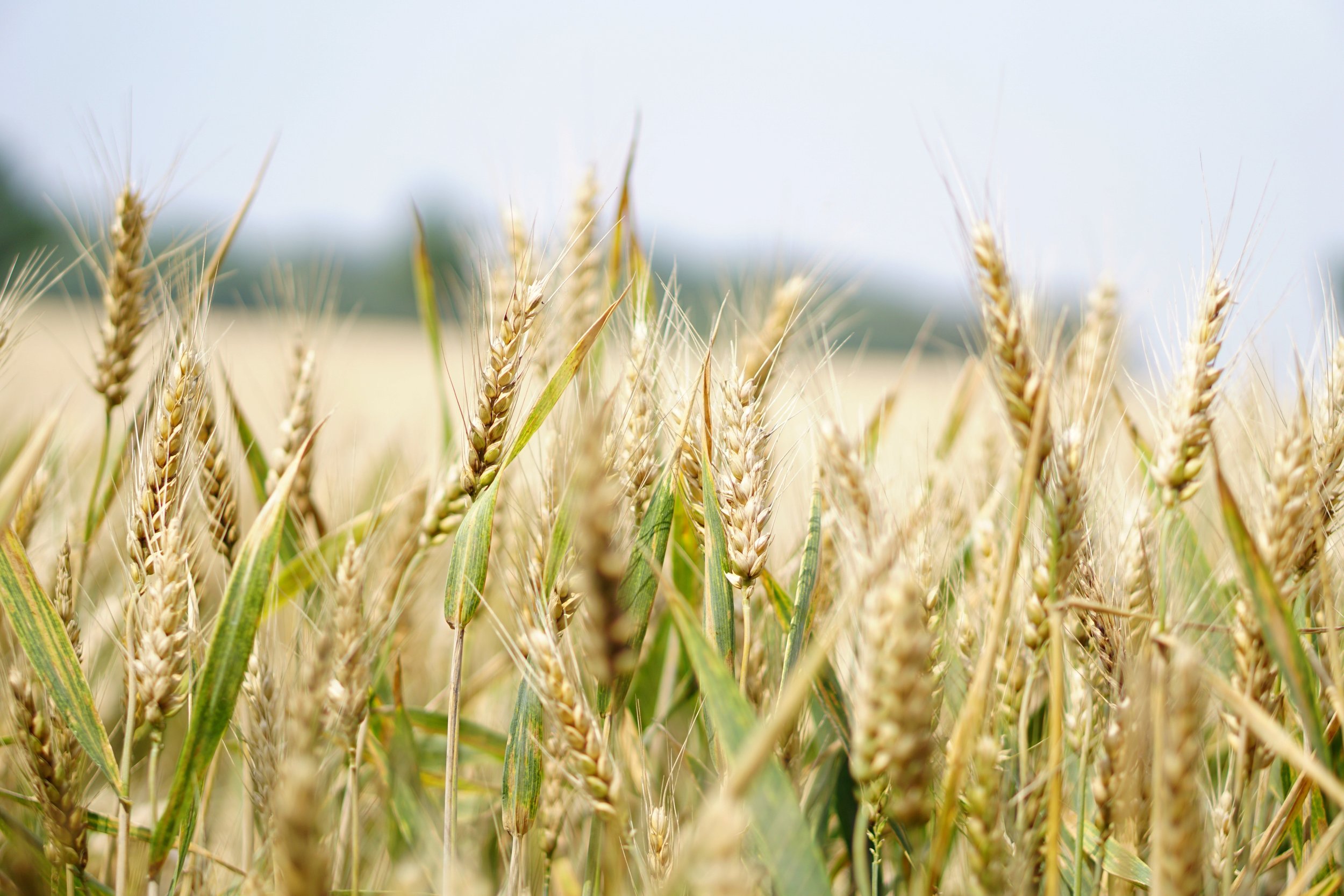Russia and Latin America are developing a trade route for Ecuadorean bananas

Happy Summer GIF By Super Simple via GIPHY
🍌 Russia and Latin America are developing a trade route for Ecuadorean bananas.
Because of sweeping sanctions against Russia across Western Nations, Russian consumers are eager to get their hands on their favorite fruit at a cheaper price. Surprisingly, bananas make up 21.7% of fruit sales in monetary terms this year.
In a bid to further pressure Russia over its war in Ukraine, the U.S. Senate has unanimously passed a bill to prohibit Russian uranium imports.
China and Russia recently committed to maintaining stability in their industrial supply chains.
Russia is aiming to increase its share of the liquefied natural gas (LNG) market to 20% by 2030, but its plans face challenges due to sanctions and a shortage of ice-class LNG tankers.
Estonia's foreign minister, Margus Tsahkna, has accused Moscow of orchestrating a "blatant hybrid attack" by facilitating a surge in migrants from Africa and the Middle East arriving at the EU's eastern frontier.
Venezuela is holding a referendum on whether to establish a new state in the disputed Essequibo territory, which has significant oil reserves and has been a source of tension with Guyana for over a century.
Finnish President Sauli Niinisto has stated that it has become "impossible" to deport asylum seekers who do not meet the criteria for protection.
A United Nations-backed report reveals that major fossil fuel-producing countries, including the United States, Russia, and Saudi Arabia, are on course to produce twice the amount of fossil fuels that exceed critical global warming thresholds by the end of this decade.
The Biden administration has eased sanctions on Venezuela, specifically in the oil, gas, and gold sectors, following an agreement between the government of President Nicolás Maduro and the U.S.-backed opposition to hold competitive presidential elections next year.
After months of secrecy surrounding President Biden's decision to provide ATACMS missiles to Ukraine, it has been revealed that the missiles are now in Ukrainian possession and have been used in attacks on Russian military facilities.
Russia has accused Ukraine's Western allies of planning and conducting a missile strike on the Black Sea Fleet's headquarters in Crimea, alleging that the attack was coordinated with the assistance of American and British security agencies, NATO satellites, and reconnaissance planes.
Russia continues to depend on European shipping to transport its oil, even as its supplies exceed the price caps set by the Group of Seven (G-7) and its allies, according to the Centre for Research on Energy and Clean Air (CREA) based in Helsinki.
A growing number of ships are manipulating their reported locations for illicit activities, potentially involving goods worth billions of dollars.
Rising oil prices are impacting consumers, complicating the global fight against inflation, and contributing to Russia's war chest.
Facing an aluminum oxide shortage exacerbated by geopolitical tensions, Russia has been diversifying its supply chain for this critical raw material.
Monjasa, one of the world's top 10 marine fuel suppliers, is working to establish a sustainable and scalable biofuel option for the maritime industry in Latin America.
The Brookings Institute recently released a report titled "America can't afford to ignore the logistics triad," which highlights the critical role of logistics in military operations, particularly against formidable adversaries like China and Russia.
A drone attack conducted by Russia targeted more than 700 grain warehouses on the Danube River in Ukraine, damaging crucial infrastructure for Kyiv's grain export route.
Russia's decision to withdraw from a grain export deal with Ukraine has escalated concerns about global food supplies and prices.
Wheat prices experienced a significant increase following Russia's actions targeting Ukraine's grain export infrastructure.
The expiration of the Black Sea grain deal, which allowed Ukraine to export grain via the Black Sea, is a significant development with implications for global food prices and the World Food Programme (WFP).
The global economy, already grappling with the aftermath of the pandemic and the war in Ukraine, faces further uncertainty as chaos in Russia threatens to disrupt stability.
Despite efforts to reduce reliance on Russian uranium, Russia maintained its position as the top supplier of nuclear reactor fuel to the United States last year.
Latin America and the Caribbean, particularly Argentina, Bolivia, and Chile, are experiencing a shift in their economies as lithium, a crucial element for renewable energy and electric vehicles, gains prominence.
Russian crude oil exports continue at high levels with no significant evidence of output cuts, raising concerns among OPEC+ partners.
Adapting to changing dynamics and the departure of major logistics companies, the Russian shipping and transportation sector is finding opportunities for growth.
The Group of Seven (G-7) advanced economies held closed-door financial talks in Japan, focusing on issues such as bank runs, cybersecurity, and building more reliable supply chains for economic security.
Puerto Rico, which gets over 40% of its electricity from liquefied natural gas (LNG), is unable to receive US LNG exports due to the Jones Act.
A recent documentary produced by a group of public broadcasters from Norway and Sweden has highlighted the potential threat facing maritime and undersea energy infrastructure.
Since the European Union banned the shipment of Russian oil, it has disrupted global shipping patterns.






























Panama's President-elect Jose Raul Mulino has announced his first cabinet selections, emphasizing a pro-business approach.